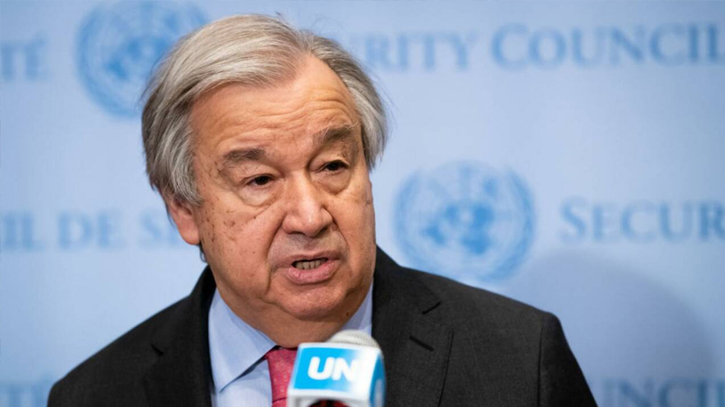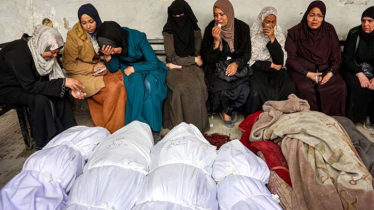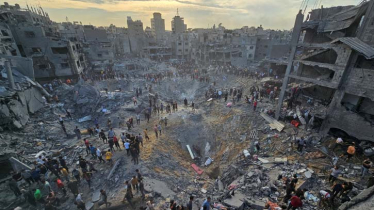
Photo: Collected
UN Secretary-General Antonio Guterres is expected to visit Egypt's border with Gaza on Saturday (23 March), after Israel said it would send in troops to fight Hamas in the nearby city of Rafah, even without US support.
During his visit, Guterres plans to reiterate his call for a humanitarian ceasefire, though renewed international pressure has so far failed to dissuade Israel from the planned ground offensive in Rafah, where most of Gaza's population has taken shelter.
Despite warnings that such an invasion would cause mass civilian casualties and worsen the humanitarian crisis gripping the territory, Israel's Prime Minister Benjamin Netanyahu said he must press ahead with the attack. "I hope to do that with the support of the United States, but if we need to, we will do it alone," Netanyahu told visiting US Secretary of State Antony Blinken on Friday.
International efforts to pause the almost six months of fighting have grown increasingly desperate, with the Hamas-run health ministry reporting 32,070 people killed in Gaza as of Friday and experts warning the entire population is teetering on the brink of famine. The ministry reported early Saturday morning another 67 people killed overnight, including 10 in a strike on a family home north of Gaza City.
"This is a man-made catastrophe," the head of the UN agency for Palestinian refugees (UNRWA) Philippe Lazzarini wrote on social media. He added that a ceasefire and "flooding Gaza with food + lifesaving goods" was the only solution. The latest bid for a Security Council resolution on an "immediate" ceasefire failed on Friday as China and Russia vetoed the American proposal, which Arab governments complained was too weak.
Diplomatic sources said that a vote on a new ceasefire text, initially planned for Saturday, would be postponed until Monday to allow for further discussions. Meanwhile, the violence has continued, particularly around Gaza's largest hospital complex, Al-Shifa, where Israeli forces claimed on Friday to have killed more than 150 Palestinian fighters and arrested hundreds of suspects. At a funeral for the Barbakh family in the southern city Khan Yuins on
Friday, relatives described seemingly endless losses. "Every day we lament over a loved one," Turkiya Barbakh said. "At the beginning of the war I lost my nephew, and now my sister, her husband and her children. Almost the entire family has perished." "How long are we supposed to endure this?"
Messenger/Mumu








